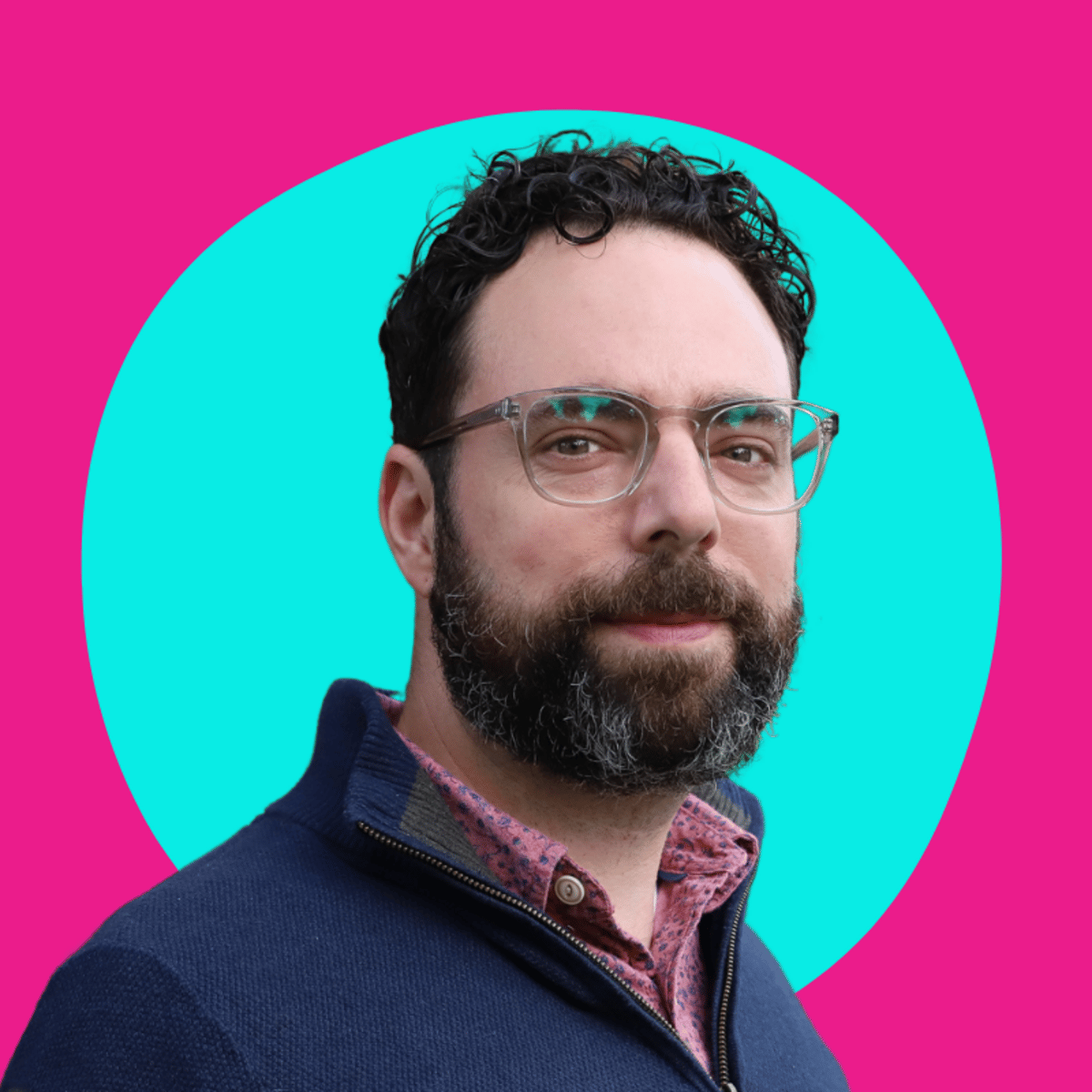
I asked Dr. Karida Brown a question this week that I couldn't stop thinking about.
Her parents grew up in Lynch, Kentucky during Jim Crow. They attended the "Lynch Colored Public School"—a school that was designed by law to be separate and unequal.
Structurally inferior. Underfunded. Built to make Black children feel like they didn't belong.
Yet somehow, her parents' generation went "to the moon."
How was this possible?
Karida said something that stopped me cold.
"Their teachers fundamentally loved them."
Not soft love. Not hugs-and-kisses love.
But the kind of love where you refuse to let a kid show up as less than what you know they can be. Where high standards aren't punishment — they're proof of belief.
Her mom can still name every single teacher from K-12. She can describe their voices, how they dressed, how they made her feel.
I can't do that. Can you?
Those Jim Crow teachers were cultivating something deeper than test scores. They were building character, compassion, and community. They were teaching the whole child.
They had to. Because they knew there was a hostile world outside those classroom doors designed to make those kids feel small.
Now here's what this means for your school:
Most of us are trapped in what Karida calls the "hunting model" of education. We're hunting for outcomes. Achievement data. Test scores. The kill.
But Karida told me schools should work more like a farm — like an ecosystem where you're cultivating students who will bear fruit at different times.
Some kids bloom early. Others are late bloomers. Both deserve patient cultivation alongside high standards.
During our conversation, Karida also shared a Jamaican saying that hit me:
"Small acts fall big tree."
It's not your big initiatives that transform schools.
It's the thousand small acts you do every day. The way you speak to that struggling teacher. The time you spend listening instead of evaluating. The conversation about empathy instead of just data.
If you want to know how to create those transformational moments, listen to this episode.
Karida breaks down:
The "hidden curriculum" advantaging some students while leaving others behind.
Why she believes schools can never be "neutral" spaces.
Her three guiding principles for dream schools: Head, Hand, and Heart.
How to build ecosystems of care instead of hunting for outcomes.
Small acts fall big tree, Ruckus Maker.
Danny
P.S. — She also tells a story about accidentally partying with Wu-Tang Clan at 2am in Sydney when she was doing Fulbright research. The bouncer thought she was with them and just opened the velvet rope. Worth the listen for that alone.

TODAY’S RUCKUSCAST IN PARTNERSHIP WITH
IXL — Over 1 million teachers rely on IXL because it is empowering, it helps them make better decisions with reliable data, and it adapts instruction based on student performance. Learn more here.
ODP Business Solutions® — Looking to create the kind of campus experience students never forget? ODP Business Solutions® transforms ordinary spaces into extraordinary learning environments. Learn more here.
PlayPiper — Too often, kids who love gaming don’t see themselves as scientists or engineers - but what if play could open that door? Get students excited for STEM with hands-on kits and engaging curriculum. Learn more here.
First time reading? Sign up here and join {{active_subscriber_count}} Ruckus Makers Doing Do School Different 🎉
